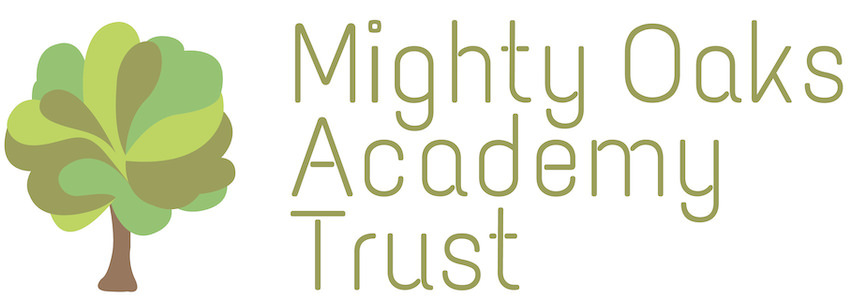Reading
INTENT
At Priorslee Academy, we believe Reading is a fundamental skill which enables children to access all areas of learning, ensuring they can make progress and succeed,
Our intention is for all children to view Reading as an enjoyable and worthwhile activity and to develop a love of Reading. We want them to become confident and fluent readers who can read and enjoy a wide range of fiction and non-fiction genres.
IMPLEMENTATION
We aim to foster a positive reading environment throughout the school by incorporating regular dedicated reading for pleasure times within the school day. Children have access to a rich and diverse selection of reading material, covering a range of themes, cultures and genres. Classrooms are regularly updated with new materials that reflect the interests and backgrounds of our pupils. We encourage children to find out about authors and organise author visits, book clubs, book fairs and reading competitions to motivate and engage pupils.
Across the school children are read aloud to daily. In KS1, this can be picture books whilst KS2 classes read half-termly class novels.
In Reception and KS1, we deliver high-quality reading lessons using the Little Wandle Phonics scheme to develop early reading and decoding skills (see Phonics section of the website for more information).
During Years 1 and 2, children begin to develop their comprehension skills by listening to and discussing texts as a whole class. Initially, children explore and develop their understanding through role play and oral questioning. In Year 2, they progress towards providing simple written answers. A range of shared reading strategies are utilised to help children read the text with the teacher.
KS1 children visit the school library weekly to choose books to share at home.
Throughout KS2, Reading is taught using Whole Class Guided Reading. One sessions per week focuses on the class novel whilst the remainder enable children to experience a wide variety of other texts – fiction, non-fiction, poetry, songs and texts linked to topics in History, Geography and Science. Children are taught to use the skills of Vocabulary, Inference, Prediction, Explain and Summarise to explore their understanding.
We also recognise parents as partners in their child’s reading journey. Children We encourage parents and guardians to support reading at home through recording in the reading record and family reading activities.
We regularly integrate reading into other subject areas, ensuring students have opportunities to apply their reading skills across the curriculum. We provide access to a wide range of subject-specific reading materials to enhance their understanding of different topics.
IMPACT
We monitor pupil progress through regular assessments to ensure that all students are making expected progress in reading and that any gaps in attainment are identified and addressed promptly. We analyse reading data and use it to inform teaching and intervention strategies.
Targeted support and intervention programs are provided for pupils who will benefit from extra support and these are tailored to their specific needs.
We also celebrate and share pupils’ achievements in reading to foster a culture of success.
To encourage a love of reading, we conduct regular surveys and focus groups with pupils to gauge their attitudes towards reading, ensuring that a love for reading is fostered and maintained. We also encourage pupils to share their reading experiences through book reviews, recommendations, and discussions.

